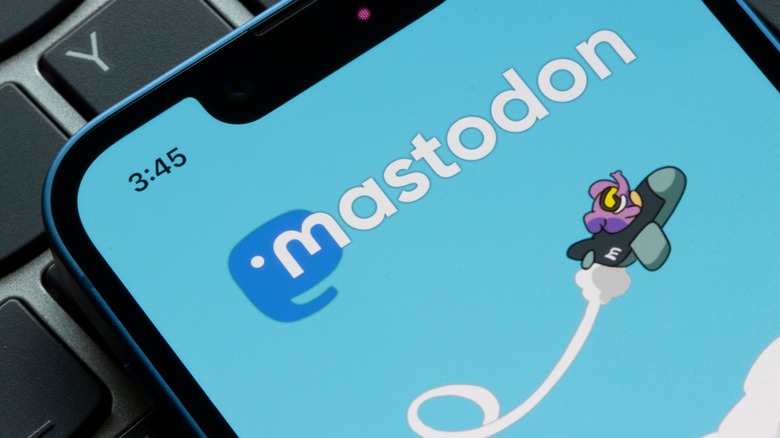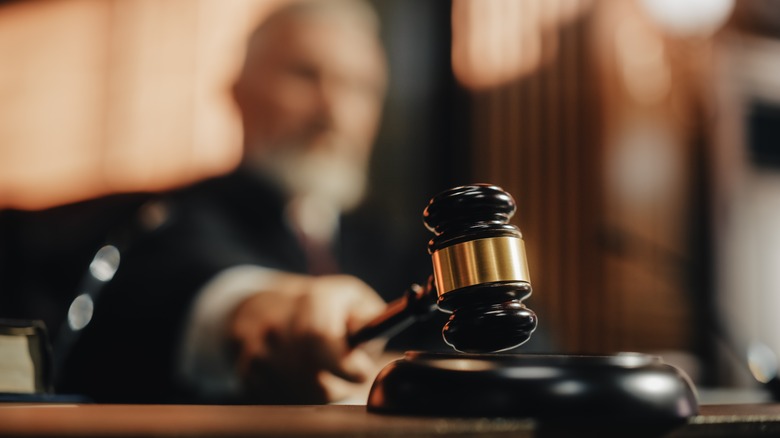The Steps That May Put You Off Setting Up A New Mastodon Server
If you've been thinking of migrating from Twitter, and Mastodon is your desired destination, there are a few changes you'll want to consider. While Mastodon is regarded as a decent alternative to the Elon Musk-owned chaos that is Twitter, it doesn't function in the same way at all. One major difference is that Mastodon features different servers, also known as "instances," instead of pooling all the users into a single website the way Twitter does. However, if you want to host a server of your own, there may be far more obstacles in the way than you'd first imagine.
Many ex-Twitter users are now looking for a new home. The social media platform is still alive, but no one knows how much longer it can go, now that Musk has fired thousands of people, with many others deciding to quit. Musk has decided to make Twitter 2.0 "hardcore" and not many employees are on board with that. Seeing as Twitter is rather unstable, many people are now flocking to other options, and Mastodon is a popular choice despite not being much like Twitter at all.
Mastodon is a decentralized network that connects various platforms and servers together under one umbrella. When you sign up, you need to pick a server that will "host" you. These servers don't belong to Mastodon and are hosted separately by their owners. This is why hosting your own server comes with a long list of things to consider before getting started.
You're fully responsible for your Mastodon server
Twitter user @Rahaeli detailed all the different things you need to think about when setting up your own Mastodon server, both in a Twitter thread and in a lengthy blog post. When you start your own server, you have to host it alone. It will appear under a different website address and it will be entirely within your own control, although it will be part of the larger Mastodon decentralized network. It's not like Twitter, where your profile still belongs to the platform and any rule violations simply result in a ban. It's also not like Discord, which hosts the servers that you make and is, therefore, legally responsible for them.
As Rahaeli notes, "The potential liability for anything posted on an individual Mastodon server [...] accrues to the individual server owner, not to Mastodon gGmbH." This puts you at potential risk of copyright issues and various other legal troubles.
For users in the U.S., Rahaeli prepared a list of things to check for before starting a Mastodon server. This includes registering with the copyright office, designating an agent for DMCA reports, and setting up a dedicated phone number and P.O. box (which will be public). The user also recommends starting a LLC for the Mastodon server, and if your server will be gathering donations, selling merchandise, or otherwise accepting money, you may need to consider having an accountant look over everything to not get in trouble with the IRS. One thing to note is that all of this only applies if you're the server host — typical users don't need to bother with any of it. If you're planning to host your own Mastodon server, make sure to check out the full posts and consult a lawyer.

